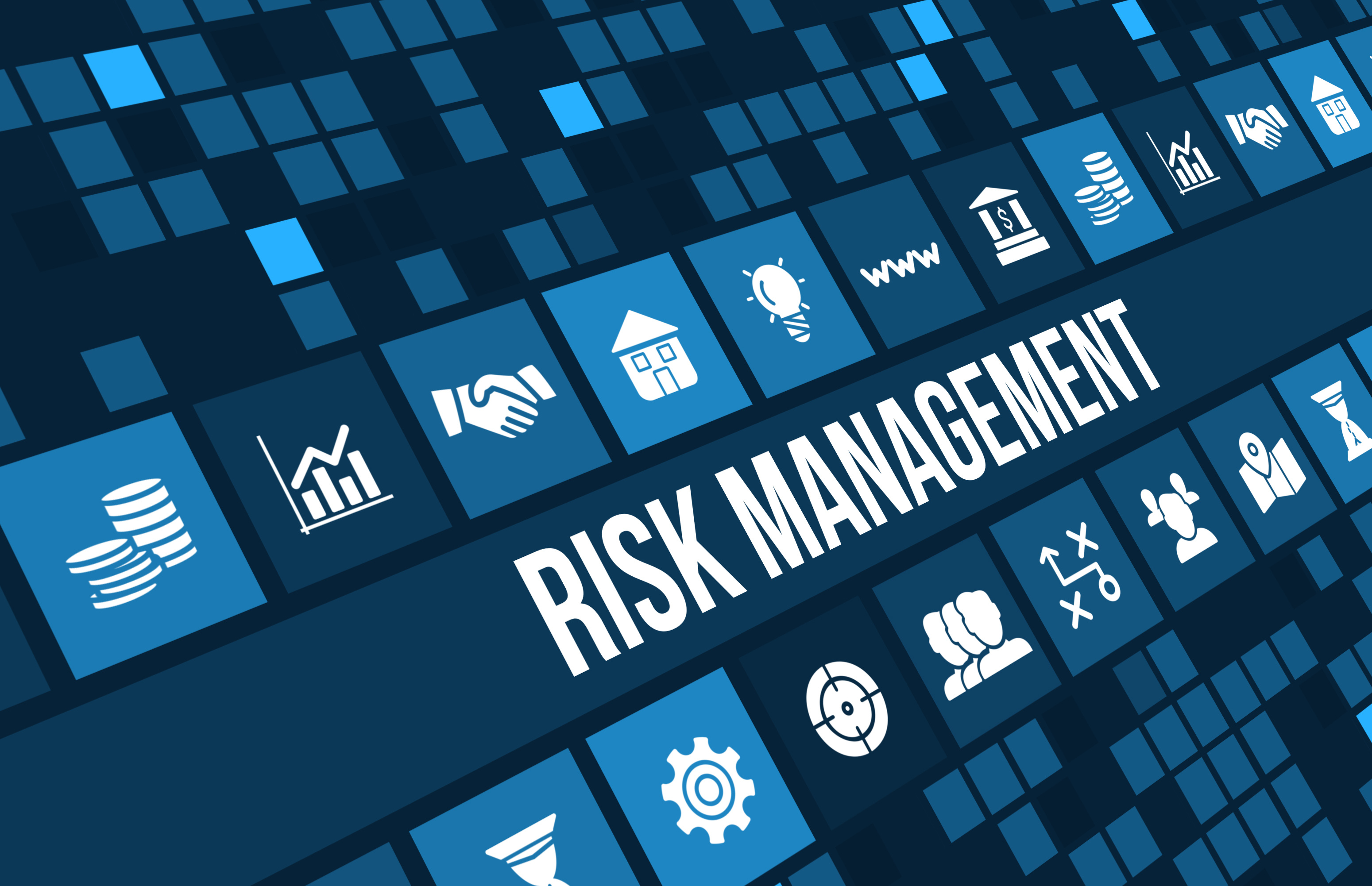Latent risks threaten many businesses. From common concerns like data breaches and cybercrime to unexpected issues, such as employees inadvertently using copyrighted content or outsized ramifications of a negative online review. Small business owners need to familiarize themselves with a wide range of risks and take steps to mitigate them. These five hidden business hazards commonly trip up businesses. Here's what you can do to avoid them.
1. Copyright infringement
Many business owners underestimate--or aren't even aware of--the potential gravity of copyright infringement, says Nance L. Schick, an attorney and mediator who frequently works with small businesses. If an employee or independent contractor uses copyrighted work in business material, you could be liable for the infringement. Schick says the most common example is the use of copyrighted images on company websites and blogs. A lawsuit, or potentially a settlement, will cost you time and money, so protect yourself by implementing guidelines for sourcing visual material. Schick suggests using your own photographs or purchasing them from a reputable licensing service. Furthermore, you can protect yourself by obtaining a business owner's policy, which combines two critical insurance coverages: business property and business liability.
2. Ownership disputes
Put everything in writing, even if you are starting your business with your best friend. Schick commonly counsels company founders who failed to document who owns what. They often come to her when they are ready to seek investors or a bank loan, she says. "Each owner sacrifices differently to further the business, and the impact on their lives will often dictate how much ownership they think they should have. But their co-owners probably have different ideas," Schick explains.
If owners can't agree, they often part ways or even resort to lawsuits. "These disputes can keep great innovations out of the marketplace, and they're almost always preventable," Schick advises. She urges entrepreneurs to have the ownership and management distribution discussions "early and often," and document everything.
3. Worker misclassifications
To save money and stay agile, some startups rely on interns and independent contractors to build their business. But they don't always understand the nuances of labor laws and payroll taxes. Schick warns that small businesses must master "the subtle differences in the practices of the Internal Revenue Service, state tax departments, Department of Labor (federal and state), and workers' compensation agencies," which often requires guidance from an attorney and an accountant. Missteps, such as failing to withhold payroll taxes, provide disability insurance, or hold workers' compensation insurance, could result in hefty fines.
Jessie Zaylia, an attorney at law in Los Angeles, California, says forgoing workers' compensation can devastate businesses and individuals. "If you plan on having at least one employee--even a part-time employee--get workers' compensation insurance," she cautions.
4. Data breaches
According to the Insurance Information Institute's report, "Protecting against #cyberfail," half of all small businesses have experienced a data breach and 55 percent have been victim of a cyberattack. The research also found that most small businesses are not confident in their ability to protect against these threats. Only 14 percent of small companies rated their ability to mitigate cyber risks as highly effective, according to the report.
Carl Mazzanti, vice president and co-founder of eMazzanti Technologies, an IT service management company based in Hoboken, New Jersey, says that outdated network security and sloppy email practices leave businesses exposed to all types of digital threats. Companies need to protect themselves by taking steps such as using anti-malware software, using a firewall, and educating employees on cybersecurity best practices, particularly how to recognize a potential ransomware scam.
A data breach isn't always perpetrated by an anonymous fraudster. Mazzanti says "lack of controls for information governance makes it easy for a once trusted person to do massive damage." In other words, keep an eye on who can access your company data. Protect your business by compartmentalizing information and share it on a need-to-know basis only, says Mazzanti. Review your information sharing policy regularly and set and enforce permissions so digital assets are not accessible to your entire organization. Also, obtain an insurance policy that will cover the losses rendered by a cyberattack.
5. Failure to manage your online profile
Whether you are an online business or not, your digital profile matters. According to the Small Business Week 2018 Local Consumer Survey by Netsertive, almost 80 percent of consumers conduct research online before making an in-store purchase, and Facebook affects 43.4 percent of purchases.
A common risky mistake companies make is delegating the management of social media accounts to junior staff members without providing proper guidelines, says Vlad Drazdovich, a senior account executive at Red Banyan, a strategic communications and crisis PR agency. This can result in "social media disasters that can deeply affect the company's reputation."
Drazdovich has navigated his share of high-stakes situations on behalf of his clients. He says another overlooked risk is "disgruntled employees who use online attacks to go after a company." Attacks often take the form of anonymous online reviews on Glassdoor or Yelp or scathing blog articles. They can go unnoticed for months if a company is not paying attention to its digital footprint--but that doesn't mean potential customers aren't seeing them, Drazdovich says. What's worse, removing the negative commentary can prove challenging. To protect your reputation, Drazdovich suggests keeping a close eye on what is being said about your company online and addressing issues as soon as possible by commenting or reaching out to the author directly. Furthermore, be sure you have a professional process in place for terminating employees and use exit interviews to discuss any issues and hopefully avoid the public airing of grievances.
These five risks are made more dangerous because many business owners don't know about them, or don't take them seriously enough. You work too hard to let a hidden risk jeopardize your success. Mitigate issues by taking these hazards seriously and investing in whatever it takes to protect you and your business.

Comments
Post a Comment